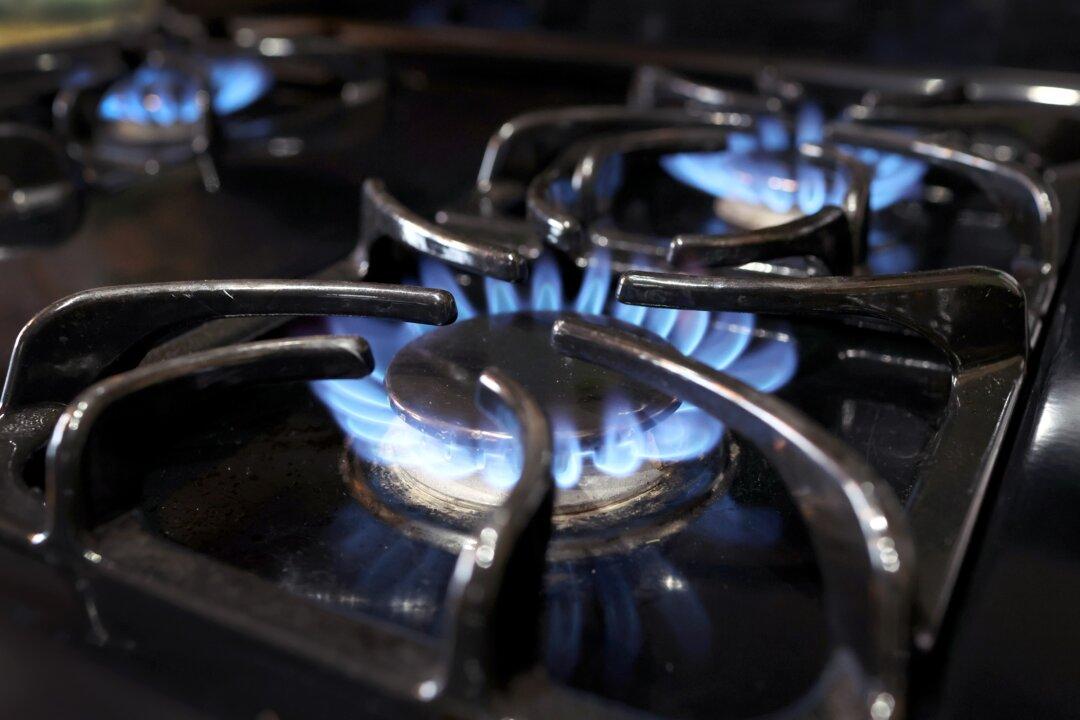A top Biden administration official behind the Department of Energy’s (DOE) proposed regulatory crackdown on gas stoves said in congressional testimony on July 18 that she doesn’t know the details of electric stove installation.
Geraldine Richmond, the Department of Energy’s undersecretary for science and innovation, on July 18 testified before the Subcommittee on Economic Growth, Energy Policy, and Regulatory Affairs during a hearing called “Canceling Consumer Choice: Examining the Biden Administration’s Regulatory Assault on Americans’ Home Appliances.”





